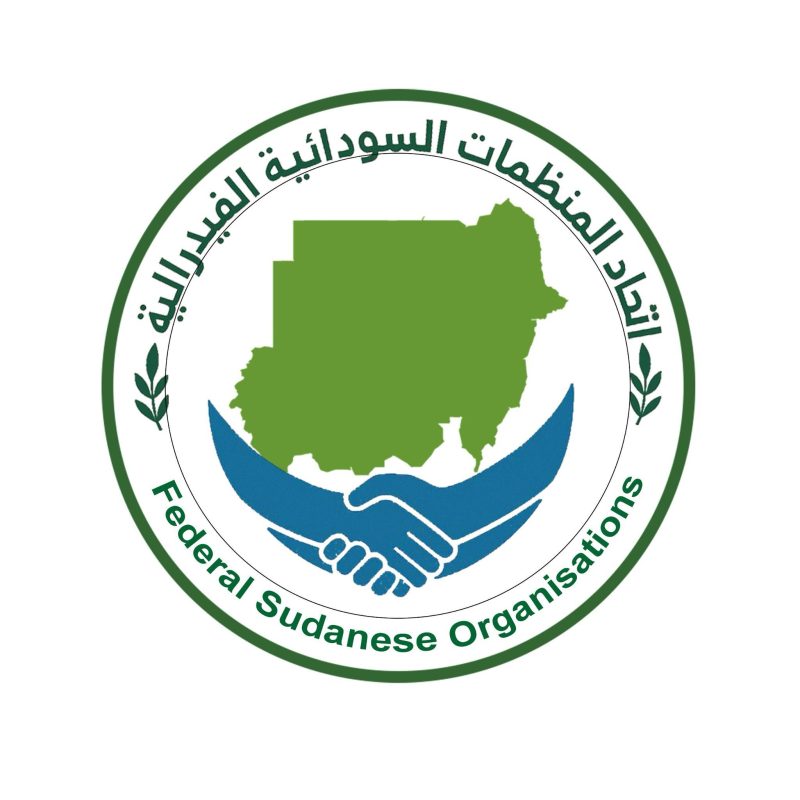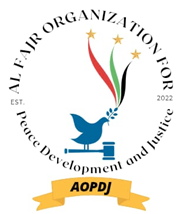Palais des Nations, Geneva – September 2025
During the 60th session of the United Nations Human Rights Council, Sudanese and
international human rights organizations issued a joint statement under Agenda Item 2,
warning that the Sudanese Armed Forces and allied militias have deployed chemical and
internationally banned weapons against civilians in multiple regions of Sudan. The
organizations stressed that these acts constitute grave breaches of international humanitarian
law and pose a direct threat to international peace and security.
Damning International Reports
The statement cited findings by leading international organizations such as Human Rights
Watch, Physicians for Human Rights, and the International Rescue Committee, in addition to
field documentation by Sudanese monitoring groups and reports from the Office of the High
Commissioner for Human Rights. These sources confirmed that the Sudanese army used
toxic chemical agents and prohibited gases in Darfur, Kordofan, and Al-Jazira. Attacks on
cities including El Fasher, Zalingei, and Nyala reportedly caused mass fatalities and injuries,
with victims displaying severe symptoms such as suffocation, skin burns, temporary
paralysis, and nervous system damage.
Systematic Use of Prohibited Weapons
The statement emphasized that the use of chemical agents was accompanied by the army’s
reliance on cluster munitions and incendiary weapons, in blatant violation of Sudan’s
international obligations. It added that these violations were not isolated incidents but part of
a systematic military policy designed to terrorize populations, dismantle local communities,
and force mass displacement.
Growing International Condemnations
The statement noted that several UN bodies and Western governments have expressed deep
concern over these atrocities. Among them were the United Nations Integrated Transition
Assistance Mission in Sudan (UNITAMS), the UN Office for the Coordination of
Humanitarian Affairs (OCHA), and the International Commission of Inquiry on Sudan.
Governments including Germany, France, and Canada also issued official statements
condemning the use of banned weapons and calling for investigation and accountability.
Catastrophic Humanitarian Impact
According to the organizations, these attacks have displaced hundreds of thousands of
civilians, collapsed healthcare systems, and triggered widespread disease due to
environmental contamination. The targeting of markets, hospitals, and essential infrastructure
has further compounded civilian suffering and created long-term risks to public health and
food security.
Calls for Urgent Action
The human rights groups urged the Human Rights Council to adopt a clear resolution
condemning these violations and to establish an independent investigative mechanism to
gather and preserve evidence. They also called on the Council to elevate the case to the UN
Security Council with a recommendation for referral to the International Criminal Court to
ensure accountability for military leaders responsible.
The statement further demanded targeted sanctions against perpetrators, the establishment of
safe humanitarian corridors to enable access to medical and psychological care for victims,
and direct support for Sudanese NGOs documenting violations on the ground.
Comprehensive Arms Embargo
The organizations stressed the need for the international community to impose a
comprehensive arms embargo on the Sudanese army, arguing that the continued flow of
weapons only fuels the conflict and enables further atrocities against civilians.
A Test of the Council’s Credibility
Concluding their statement, the organizations warned that the continued use of chemical and
prohibited weapons in Sudan sets a dangerous precedent that threatens the global regime
banning such arms. They emphasized that silence or hesitation by the international
community would amount to complicity and embolden perpetrators to persist in their crimes.
The statement urged the Human Rights Council to act decisively and without delay to ensure
justice and redress for victims, stressing that accountability is the only path to ending these
atrocities and protecting Sudan’s future.


We are interested